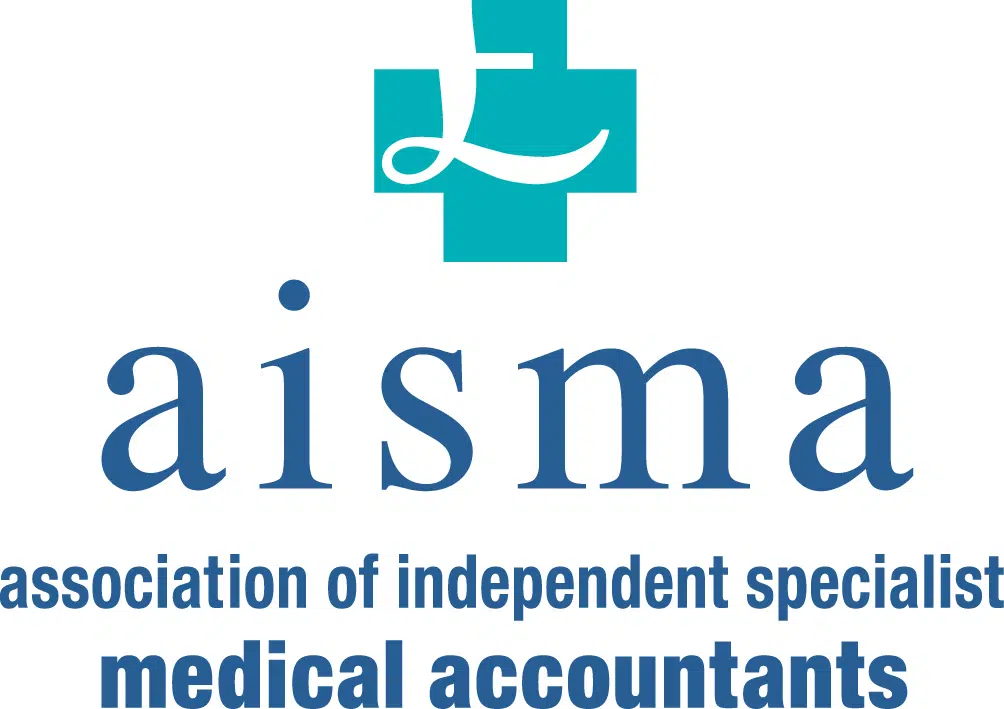When is a dividend “paid” for tax purposes?
Published: 7th December 2022
In the case in question, two shareholders were voted £20 million each by resolution on 31 March 2016. Shareholder A was paid on 5 April 2016, and Shareholder B on 16 December 2016. Shareholder A declared the dividend on their 2015/16 tax return, prior to the overhaul of the dividend tax regime. Shareholder B was usually non-resident in the UK, having moved as part of the company expansion in 2004. However following the death of his mother in 2015 he met the conditions for UK residence for the 2015/16 year. The differing dates were partly motivated for tax planning purposes. Shareholder A would have paid more tax if the dividend had fallen into 2016/17.
HMRC enquired into Shareholder B’s 2015/16 and 2016/17 returns, and closed this by amending the 2015/16 return to include the dividend on the basis that it was “due and payable” in that tax year. The First-tier Tribunal found that interim dividends are subject to tax when they become due and payable. HMRC’s argument that the taxpayer was entitled to the payment on 5 April 2016 was not accepted. This is because the directors had discussed the payment dates and Shareholder B essentially waived his right to enforce the dividend in April 2016. The taxpayer was found to have taken a risk that the dividend would not be paid. Note that if he had not agreed to a delayed payment, the outcome may have been different.












